László Nemes’ tour-de-force directorial debut, Son of Saul—which centers on the titular main character’s (Géza Röhrig) quest to bury the body of a dead boy that he claims is his lost son—is a powerful, thoughtful and inspiring representation of the horrors of the Holocaust. One of the main challenges of handling the topic of the concentration camps during the Second World War in movies lies in how to represent violence against the bodies of the victims—perhaps the most degrading and brutal crime against humanity—in a way that is aesthetically responsible rather than exploitative. Nemes’s singular approach is to have his camera stick steadfastly to the main character’s point of view during his movements. Everything is thus filtered through Saul’s perspective, and spectators can see only blurred images of his surroundings or hear very raw sounds. Furthermore, the whole movie centers on the quest of one individual to bury a human, an adventure that eventually proves destructive and lethal for the community of prisoners.
Following a screening of the movie at the Toronto International Film Festival in September, Movie Mezzanine sat down with Nemes and Röhrig to discuss their aesthetic, moral and philosophical approaches to tackling the Holocaust on-screen, both in their film and in general. Edited excerpts of that interview [spoilers below]:
MOVIE MEZZANINE
One of the central issues in this movie is the question of burying a human. I recently read an article by Jean Luc Nancy on Holocaust and art, and according to him, the Nazis did everything they could to deny the possibility for Jews to live as humans. I think that this observation is very relevant in the context of your film, in which the Nazis deny Saul the right to bury the dead. Do you have any thoughts on this issue?
LÁSZLÓ NEMES
I think Geza will have interesting thoughts about this since he is more intellectual than me. I come from a different standpoint in this sense. We did talk about the philosophy behind the movie, but we had a central preoccupation with what we knew would be a problematic representation as we tried to answer questions like “how can you show this?” and “how can you take a camera into the middle of hell?” It seems that here the Nazis denied the victims both their lives as well as their deaths. They could not die with dignity. They had to suffer immensely in their deaths, and even their past was erased as if they had never existed. So I think what my main character does is to give a history to this child in a sense. This is very essential since the Sonderkommando members had no history, no past. They had only the present and no future. The way the people were killed was done in such a way as to deny them their past. In fact, what the main character does is an interior revolt against that.
GÉZA RÖHRIG
Burying each other is an essentially human activity, since most animals do not bury each other. They leave their fellows right on the ground to decompose after they die. For humans, though, there is no tribe or people or civilization that does not have some kind of funeral ritual; everybody buries. So when this right is taken away—this very, very basic human obligation and instinct to bury each other—then the perpetrators really take away the divine image of man. That the majority of the Sonderkommando members try to save their own skin is legitimate, but Saul did something more selfless. So there is this sense for me of being God’s last witness, so to speak, in this hell where Saul lives. I think it gives hope to people. We can’t even start to describe what these people are facing on a daily basis. No matter how deep the situation in which you find yourself, you still have a choice to make. He made a choice which is rare and noble.
MOVIE MEZZANINE
You also talk about problematic representations of the Holocaust. I realized that in the movie you did not, for example, represent the Nazi officers or soldiers. You always blur their images except for one time I can remember that you show a Nazi officer by a river.
LÁSZLÓ NEMES
We do want to suggest that there is an endless chain of horrible events taking place there, but we also don’t want to show it in a frontal way because showing it in traditional cinematic means would only reduce the scope. It would make it look like horror, an obstacle that you either do or do not overcome. So we had to find a way to use the audience as a medium and use their imagination to hint at something infinite. In this sense, we focused on the use of offstage elements such as sound. We also kept the background somewhat visually remote, thus allowing us to rely more on the viewer and make it more personal and subjective. The film has to go through the filter of the viewer. That’s the only way to reach something.
GÉZA RÖHRIG
When you see a movie—especially a Holocaust movie—there is a distance between the screen and you. It means that you are aware of the fact that you are watching the movie. What we wanted to do here was to get rid of that distance [and] increase the “being there” value. You’re not watching the movie; you are in the movie. We wanted to be right in the middle of this, being enveloped by the camp in such a way that whatever you end up seeing, you don’t feel like you are in the hand of the director.
MOVIE MEZZANINE
I also have a question about the ending of the movie. When I watched this, it appeared to me that there were some religious connotations involved. The audience might have thought that something miraculous could happen, but instead the ending is too secular. It shows the brutality of human violence, the fact that the Holocaust is not about survival; it is not a heroic story, and anything could happen there. Why did you not try to be more optimistic?
LÁSZLÓ NEMES
I think that the movie is the affirmation of something that happened in a situation of hopelessness and without a god. Is there still a voice within that would allow the human to be a human being? Would they be able to have a choice to do the right thing in the sense of having not an external god but rather this inner god? Given this, I don’t think the ending is secular. I think it’s very much a spiritual, transcendental experience. The ending is the acknowledgment of some kind of inner journey that the character was aware of at that time. Maybe it is only half conscious, but at least it’s there, so I think the ending is the smile of this inner journey and something that he has tried.
GÉZA RÖHRIG
I think that Saul is a happy man and that his smile at the end of the movie is well earned since he saw the boy surviving the gas chamber and took it as a sign. A lot of people saw that boy, but for Saul it’s like some kind of religious sign and that thought that this boy survived the gas chamber never leaves him. It’s like he was almost waiting for that to happen. He didn’t know what he was waiting for, but once it happened, he knew what to do and right away, he held onto that and never let go. Through that task, he finds his meaning and decides that he has to bury his son, which was very fulfilling for him. He wasn’t just going along with the others; he had a personally rewarding mission.
MOVIE MEZZANINE
Your camera sticks like glue to to the main characters and follows his life in a limited amount of time. Did you ever think, for example, of making this movie in one take?
LÁSZLÓ NEMES
No. We used close-up shots and sequence shots to reinforce this immersive feeling in the film, and we didn’t want to make it as a trick. I think that one-shot films are just tricks. Maybe they’re good, but we could have too many errors to make a film out of it. There are already too many errors in a two-minute shot.
MOVIE MEZZANINE
In previous interviews, you have talked about the fact that the Holocaust is not a collective story, but rather a story about individual survival, if I understand correctly.
LÁSZLÓ NEMES
I said that it makes more sense to me to present the viewer with the subjective experience of one human being.
MOVIE MEZZANINE
Survival becomes somehow very community-based, so subjective experiences may lose in value. Do you have any thoughts on this?
LÁSZLÓ NEMES
That’s an interesting question. Did you think about it, Röhrig?
GÉZA RÖHRIG
Yeah. Both of them are true because if you isolate yourself from the community and you get sick, then you have nobody to borrow from or to share your feelings with. You do need your contacts and your friends. On the other hand, the experience is so brutal and extreme that your main resource is within you. You have to be the one to take care of yourself too. Like the doctors often say at the hospital, “I can’t heal someone who doesn’t want to live.” I think that with the Holocaust, on the one hand, you are like sand—very much together and on top of each other. Then on the other hand, you are like stars which are light years apart from each other. Both analogies are true at the same time. On the physical level, you are very, very together; but on the psychological level, I think everybody goes through the experience by himself or herself.

















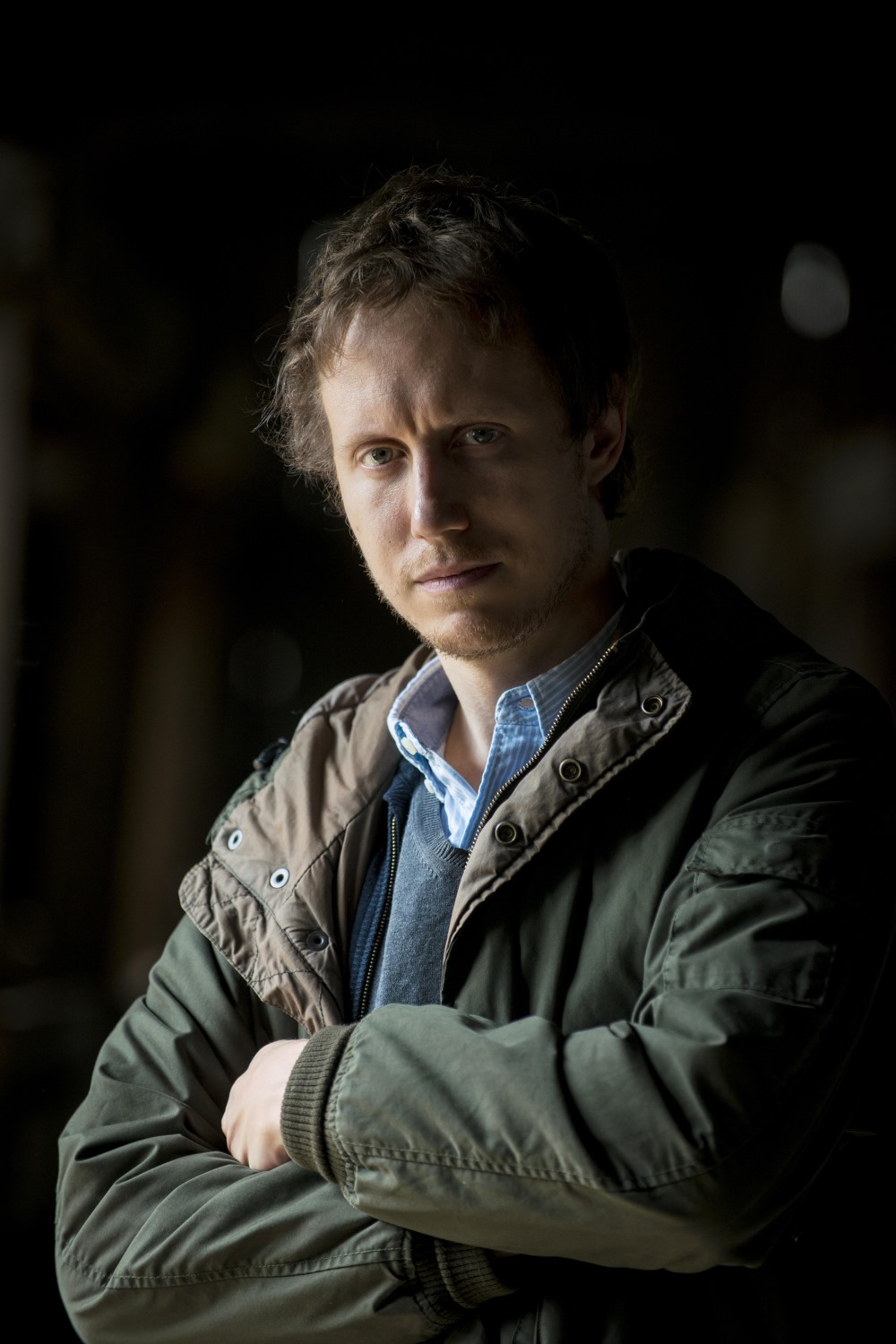
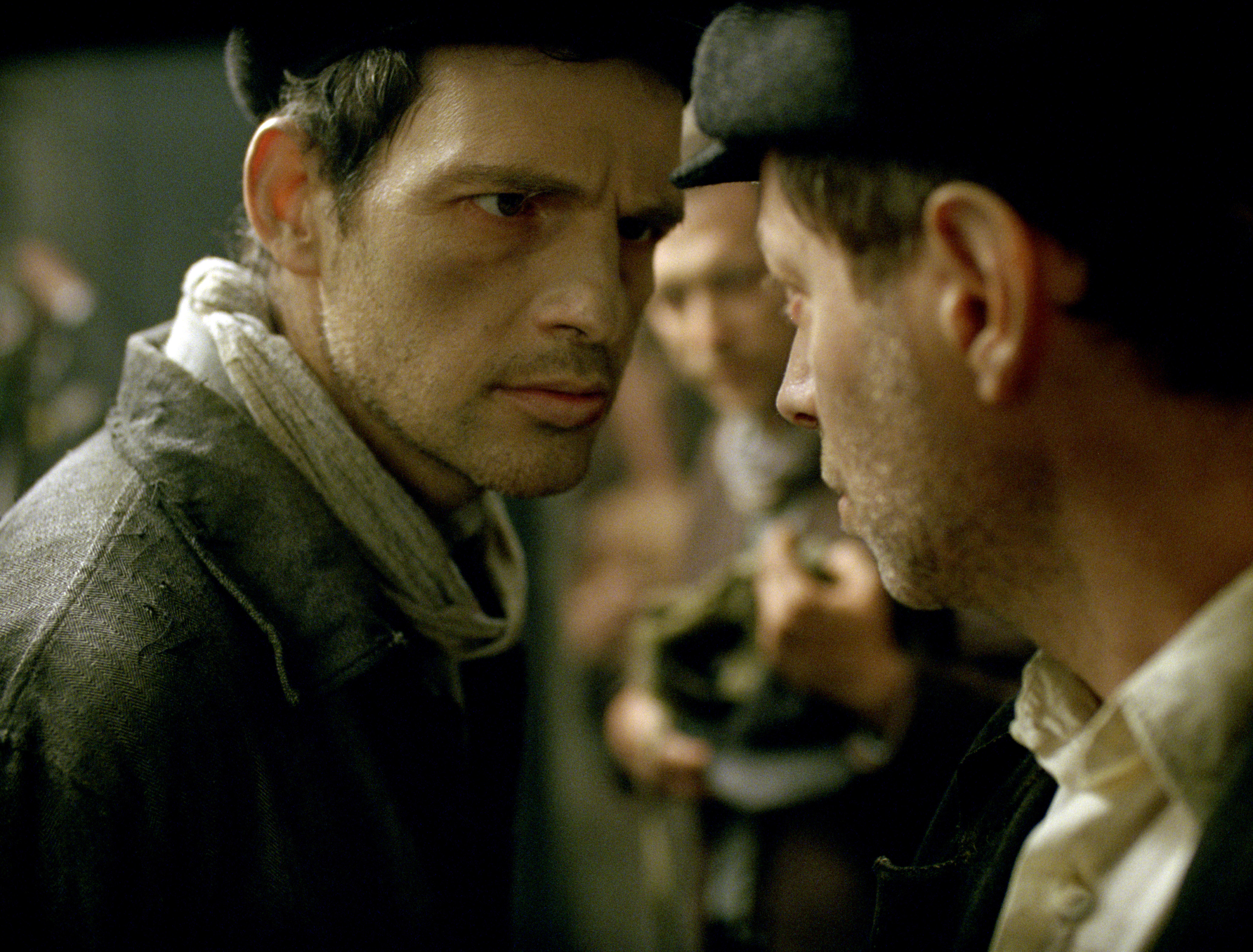
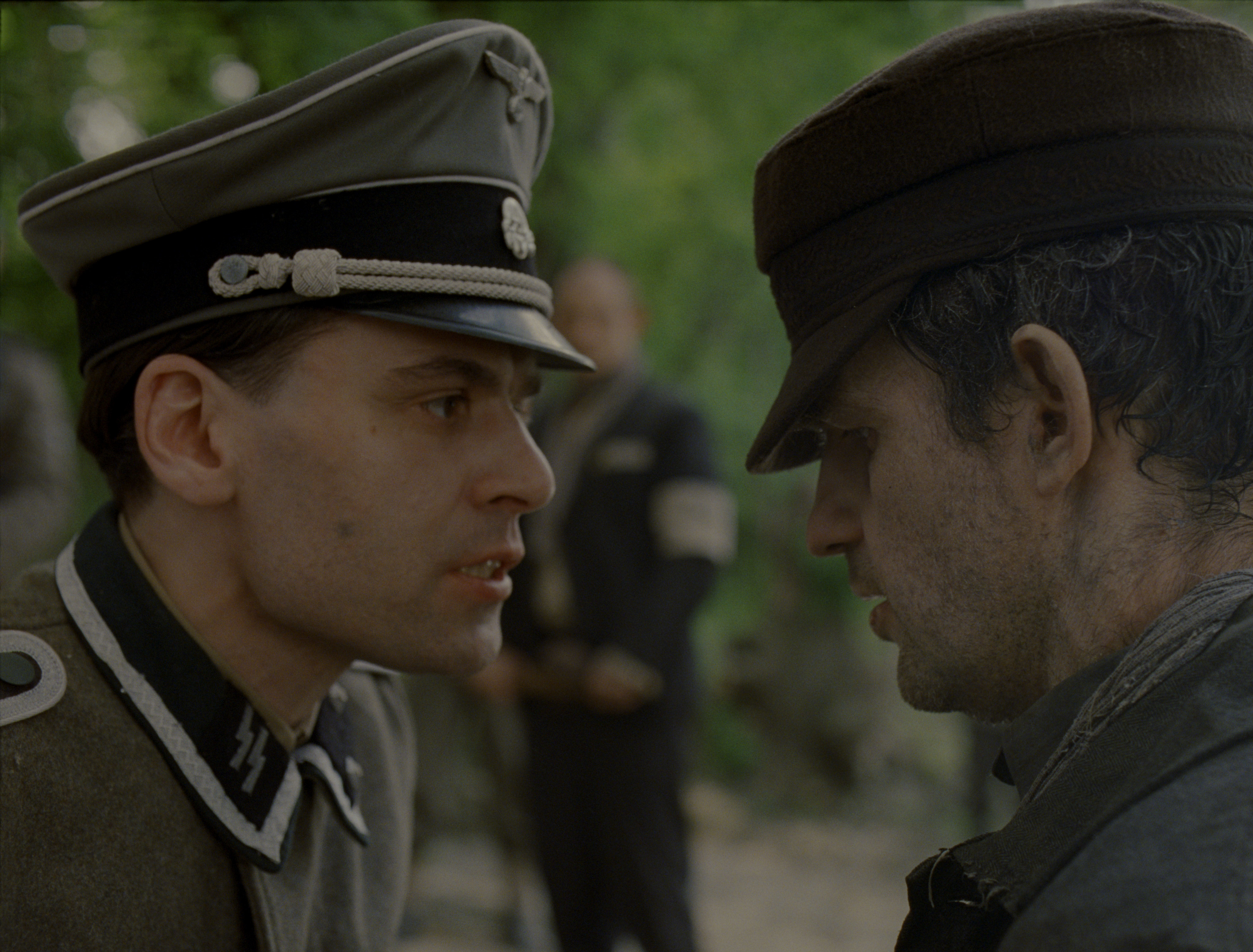
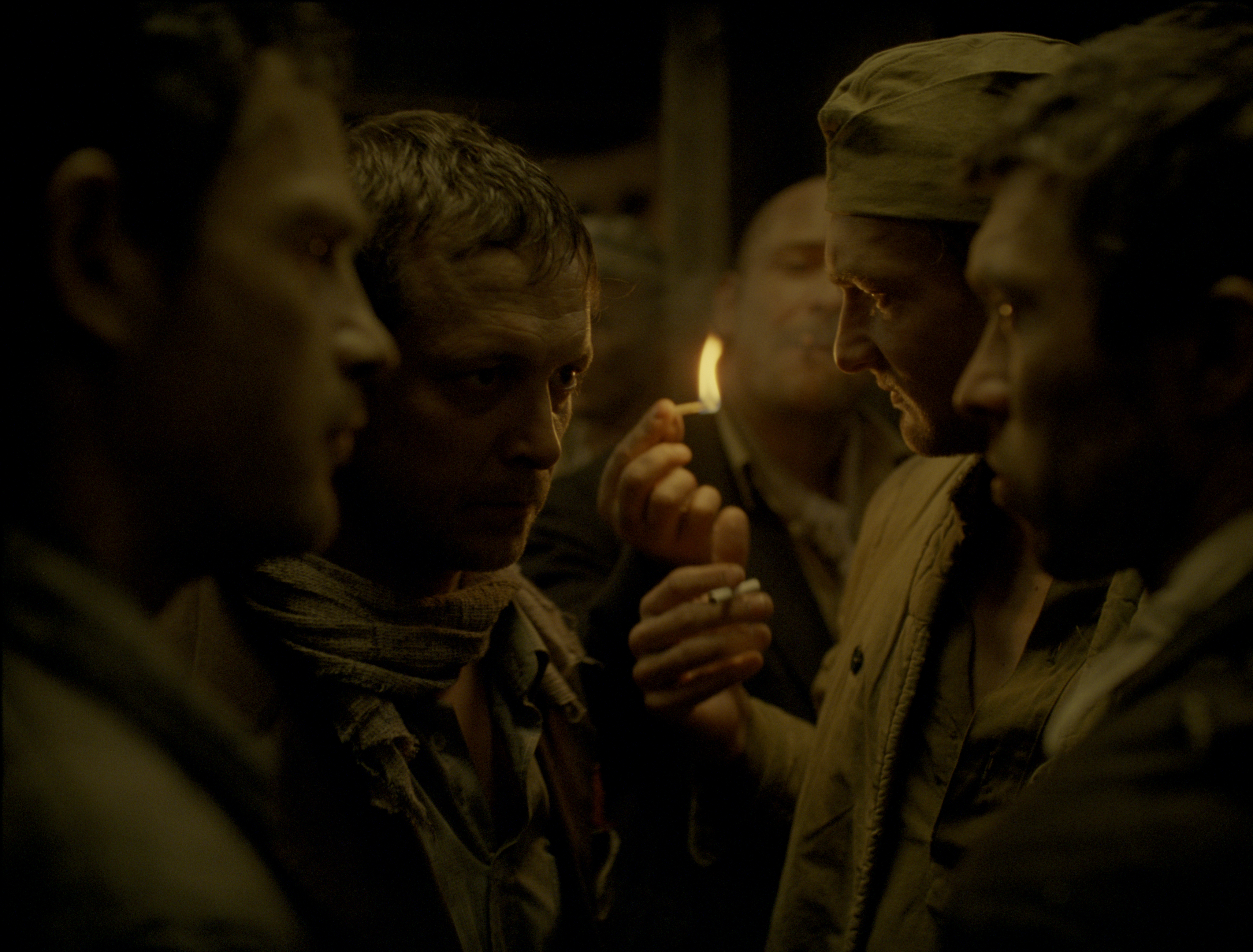
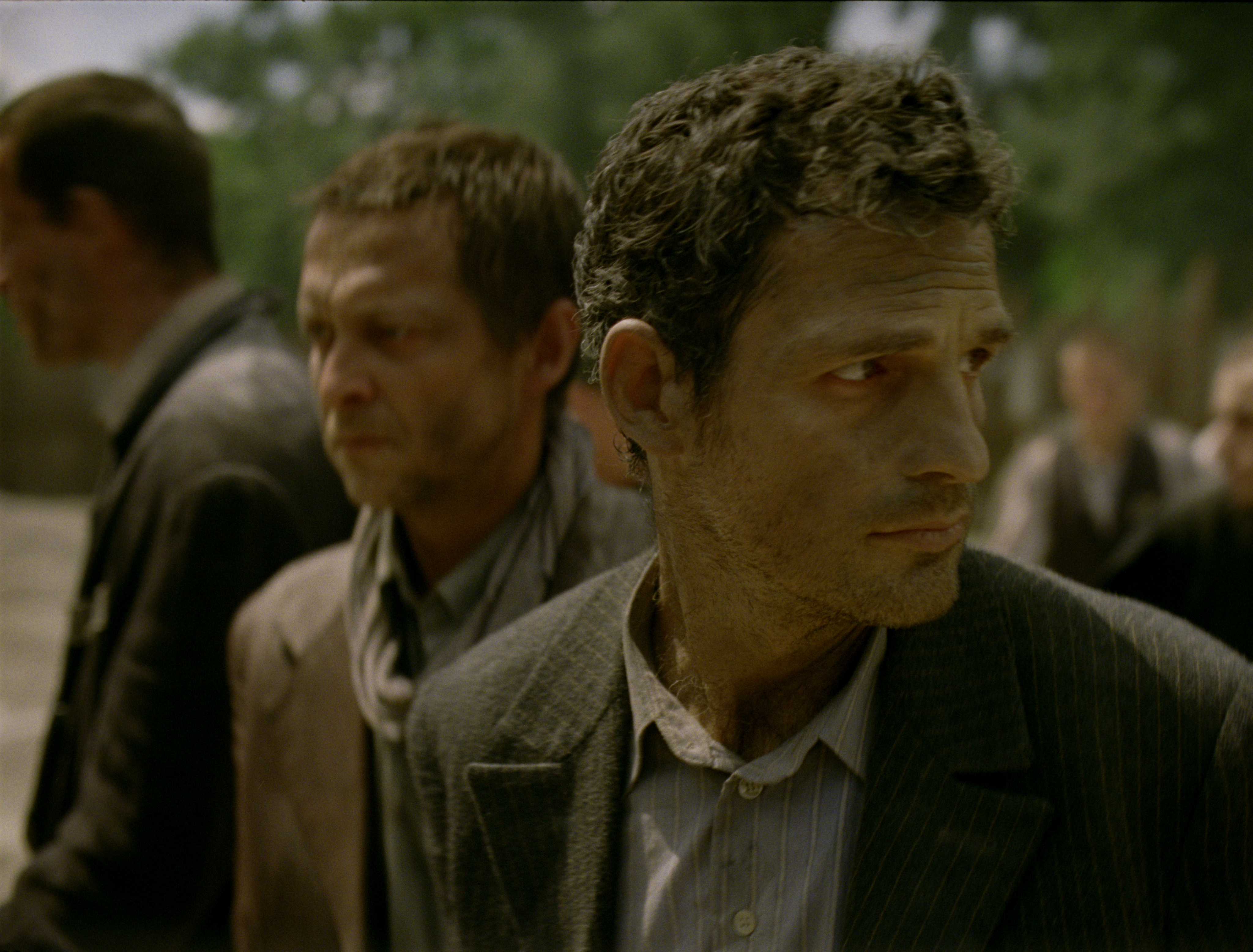
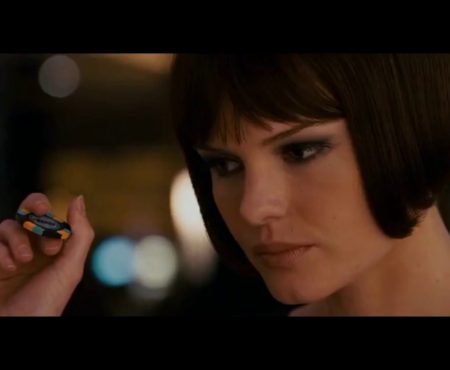
One thought on “László Nemes and Géza Röhrig
on “Son of Saul””
My spouse and i were very joyful Emmanuel managed to finish up his survey through the precious recommendations he discovered through your site. It’s not at all simplistic to just choose to be releasing tips and hints that many men and women may have been selling. And now we know we have got the writer to appreciate for this. These explanations you have made, the simple website menu, the relationships you can assist to create – it is most astounding, and it’s really assisting our son and our family do think the topic is cool, which is certainly especially important. Thanks for the whole lot!